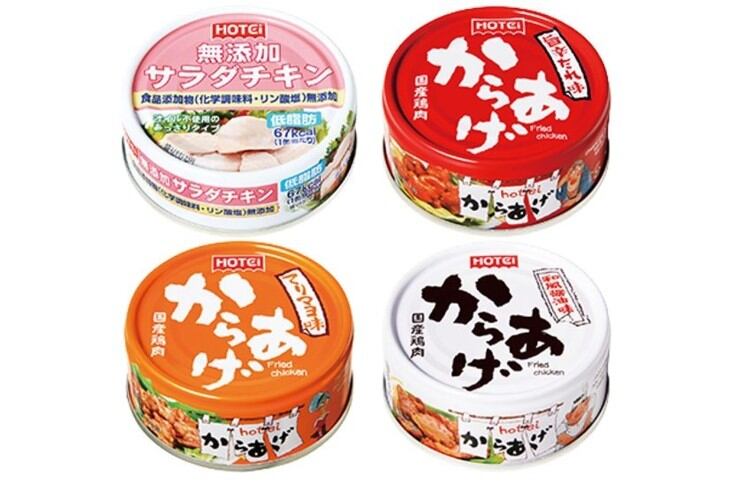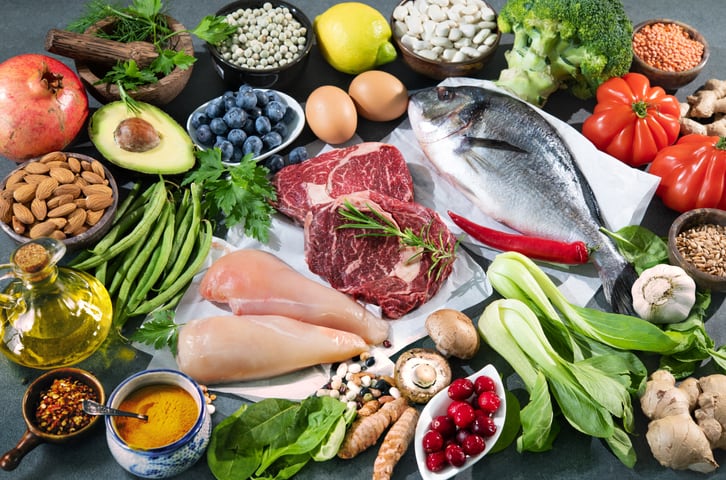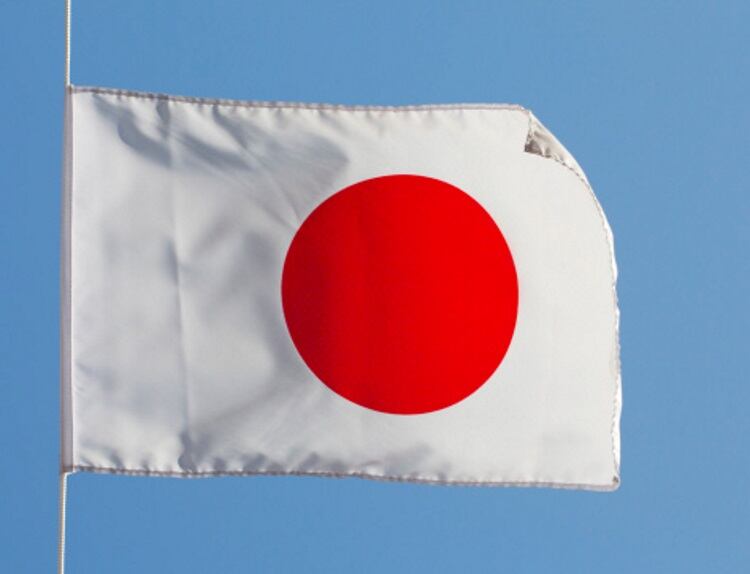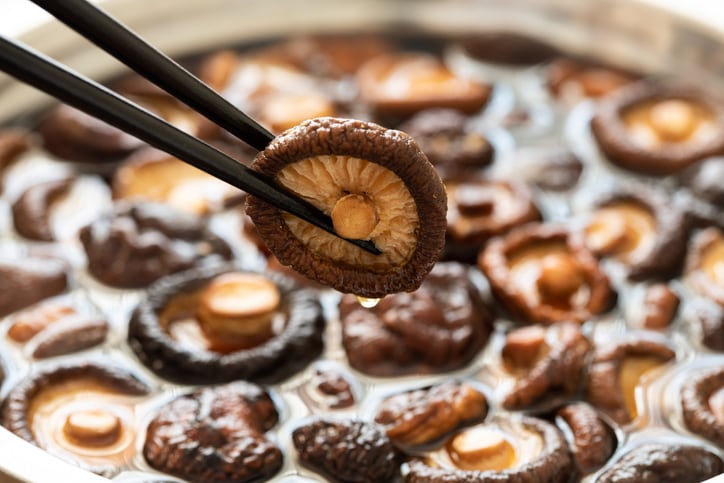Chick-can: Japan’s Hotei Foods develops boiled and fried canned chicken
Japanese food manufacturer Hotei Foods has launched its latest product, boiled chicken in canned form.
According to the company, it is a bite-sized salad chicken made of breast meat, without oil and food additives.
The company is no stranger to canned food, having launched its canned grilled chicken (Yakitori) in 1970, which remains the best-seller.
Takuma Mizuno, who is part of the product planning section at Hotei Foods Corporation, told FoodNavigator-Asia that the company saw a need to develop healthier foods, “for the ageing society and increasing health-consciousness in people.”
Plant-based protein bar with less than seven ingredients targets female consumers
Japanese natural snacks subscription service company Snaq Me has launched its second-generation plant-based protein bar, CLR Bar, nationwide. The protein bar had sold over 10,000 bars since its first release in August 2018.
Shintaro Hattori, founder of Snaq Me told FoodNavigator-Asia, the company had changed the ingredients and made it more nutritional balanced in the second-generation product, which features three new flavours, matcha, orange, and maple.
CLR stands for clear, pure and clean. According to Shintaro, the protein bars contain about 8g of protein making it ideal for consumption before and after exercise, as well as throughout the day.
Japan tax hike: Alcohol faces 2% increase as retailers move to curb general confusion
Japan will implement a 2% increase in consumption taxes for alcohol starting October 1 this year, creating a potential grey area where it is used an ingredient in food products.
According to the Japan National Tax Agency (NTA), the tax increase will be implemented under a two-tier system as opposed to the previous flat 8% consumption rate throughout.
“Under this system, items that are subject to the standard tax rate will be taxed 10%, whereas items subject to the reduced tax rate will be taxed 8%,” said the NTA via official documentation.
The items that have been specified to fall under the reduced tax rate of 8% are or ‘foods and beverages excluding alcoholic beverages and eating out” and ‘newspapers issued more than once a week (based on subscriptions)’.
This means that alcohol will be subject to 10% taxation, however more specific details about alcohol content in the products were not specifically stated, leaving a good deal of grey area for interpretation that is likely to confuse consumers.
Confectionery jumps on clean label trend as consumer awareness in Asia increases
Confectionery in Asia is increasingly taking up the clean label challenge, as consumers seek out better-for-you indulgence products.Mintel data shows that 60% of all new food and beverage launches in APAC contain at least one form of clean label claim, and ingredient supplier Chr. Hansen told us that confectionery was no longer an exception.
The firm’s regional marketing manager for natural colours in Singapore, Carel Soo said rising health awareness among consumers had pushed companies to produce indulgence products “that are healthier through the use of better-for-you and natural ingredients, smaller in portions, lower sugar and calories.”
Paper pioneers: Kit Kat Japan ditches outer plastic packaging for origami-friendly paper
Nestle Japan is accelerating its efforts to solve plastic waste by changing KitKat’s outer packaging from plastic to paper.
The new packaging will be revealed in late September 2019 in five KitKat products including mini, matcha, and strong matcha.
With this move, Nestle Japan is expected to reduce plastics by approximately 380 tonness per year.
The company even claims that the new packaging can be folded into origami, or used to write messages, instead of disposing as waste.





